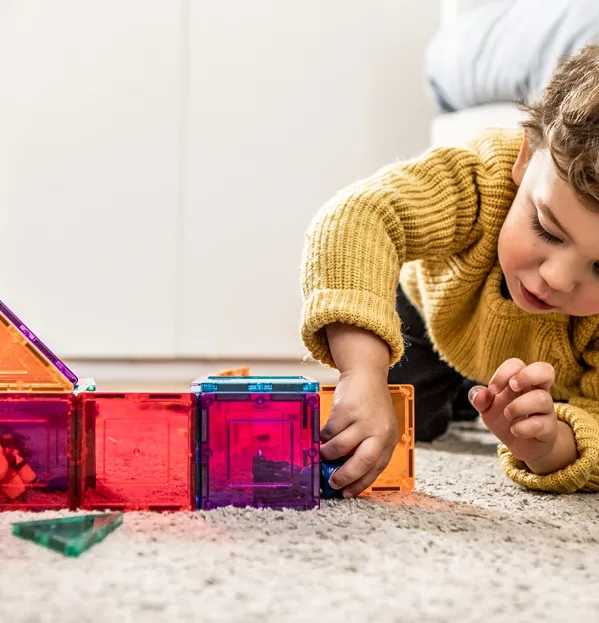Adam is nearly 5, and he’s finding Reception difficult. He seems to understand how to count when he is in a small group, but the next day he is all over the place with numbers and quickly gives up. This is a common occurrence: after watching one of his classmates pedal a two-wheel bike, for example, Adam has a go. But when the bike wobbles and tips over, Adam curls up on the floor, with angry tears running down his face.
How can teachers help children like Adam?
Excitingly, there is a growing body of evidence that offers some answers to this important question. Instead of just focusing on what Adam needs to learn, we need to help him to become better at learning.
Research from bodies like the Education Endowment Foundation (EEF) shows that teachers can make a difference to young children by focusing on their metacognition and self-regulated learning. This is something that we hear a lot about for primary and secondary pupils but that arguably doesn’t get as much attention in the early years.
More on the early years:
There is good evidence that during play, children develop their ability to monitor what they are doing, plan ahead and focus their attention. These thinking and learning skills endow a lifelong benefit to children.
But play isn’t simple. To develop pupils’ self-regulation through play, they will need support to think about the choices they are making. Sensitive adult interaction is crucial, like thinking aloud with children. “I’m wondering why you’ve chosen that block to go there?” or “Talk me through why you’ve chosen that really fine brush for your painting”.
Metacognition: developing self-regulation skills in the early years
Much of the most powerful play involves pretending, and lots of talk. But pretend play is hard for some children. It means they have to abide by “rules”. If you want to join in with the play in the home corner, you might need to inhibit your desire to be the dad. You might have to settle for being the baby. We can’t all be Spiderman.
Lots of children - like Adam - find all this very difficult. Research tells us that growing up in poverty means you are more likely to be in an overcrowded, damp house with polluted air. This environment can damage children’s capacity to self-regulate.
That’s why we need to explicitly teach children like Adam how they can regulate strong feelings. For example, we can help him to monitor when he’s starting to get upset. We can provide him with a “calm jar” (water, PVA and biodegradable glitter in a strong plastic jar with a lid). As he starts to feel angry or upset, he can shake the jar and watch the glitter swirl and settle, giving him a minute’s calm.
We can talk sensitively with him as he plays, asking him about what he’s planning to do or how it’s going or why he has made a particular choice. That helps him to monitor what he’s doing and plan what he’s going to do next.
As teachers, we have to think about play as much as we think about other parts of the EYFS, like early reading or numbers - and self-regulation needs to be a key consideration here. If we don’t help children like Adam in this area, they won’t benefit enough from their time in the early years.
Dr Julian Grenier is the headteacher of Sheringham Nursery School and Children’s Centre. He co-leads the East London Research School




